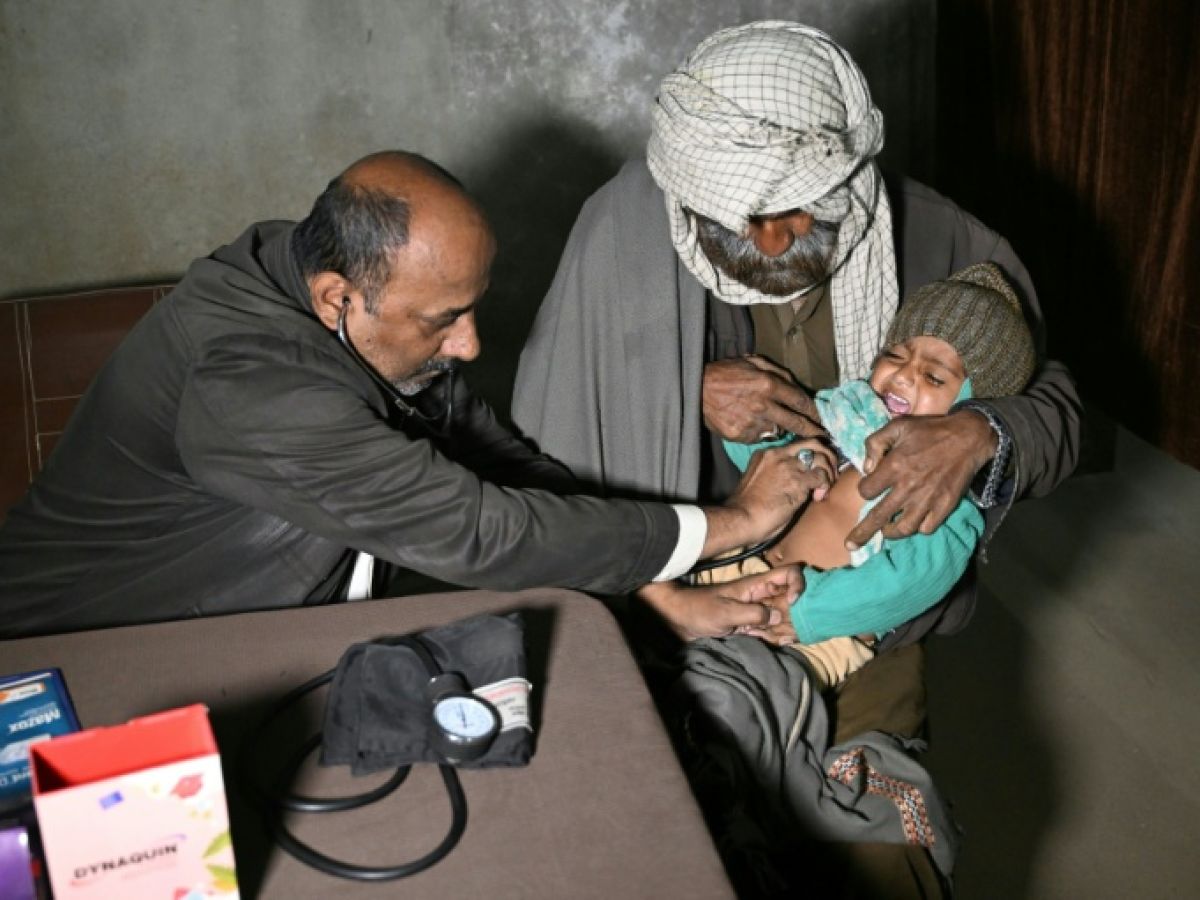There pain is subjective, the best person to judge it is the one who feels it. However, the medical profession tends to trust this judgment more or less, depending on the gender of the person concerned.
Two recent studies show that the women's pain is perceived as less serious than that of men, which can have serious consequences on the care of female patients.
Pain in men is perceived as more serious
The first study was published in the June 2024 issue of European Journal of Emergency Medicine by researchers from the University of Montpellier. For this, 1,563 doctors or nurses had to assess the seriousness of a fake patient who would arrive at the emergency room. The patients' symptoms were always the same (chest pain), as was their medical history (former smoker, with past events of depression), the only thing that changed was their photo: man or woman.
However, this same case was assessed differently depending on gender: 62 % of the caregivers interviewed considered that the case was serious when the patient was a man, against 49 % when it was a woman. And their pain was also seen differently: on a scale of 0 (no pain) to 10 (maximum pain), it was assessed on average at 5.4 for women against 6 for men.
Read alsoPain Is Not the Same in Men and Women, Here's Why
These results were confirmed by a second study, published on August 5, 2024 in the journal Pnas by researchers from the Hebrew University of Jerusalem (Israel). They presented a fake medical case to 109 nurses at a hospital in Missouri (USA), the patient in question complaining of very severe back pain (which the patient rated as 9 on the same scale of 0 to 10). The nurses had to rate the patient's pain from 0 (no pain) to 100 (maximum pain). The patient's perception was more respected when it was a man, the pain being rated at around 80 out of 100 compared to 72 out of 100 if the patient was a woman.
And this was the case even if the nurse was a woman, showing that this bias is present throughout the medical profession, among both men and women. Women are seen as exaggerating their pain, while men are seen as being more stoic in the face of pain.", declares a Nature study director Alex Gileles-Hillel summarizing the results.
A disparity that has real consequences for women
This underestimation of female pain has real consequences in the way women are treated in emergency rooms. The same study analyzed data from 21,000 people who visited hospital emergency rooms in Israel or the United States between 2015 and 2019. When the emergency room visit was due to pain with no apparent cause (i.e. not after an accident, for example), the pain felt (this famous scale between 0 and 10) was recorded by the nursing staff 10 % less frequently for women than for men.
Read alsoSoothing pain: when electricity on the skin fools the brain
As a result, women were less likely to receive pain medication: 38% of them received it, compared to 47% of men. And they waited an average of 30 minutes longer in the emergency room before being seen. These differences in treatment were observed in both Israel and the United States.
This study highlights a worrying bias in the perception and treatment of women's pain, which could have serious consequences for their health, according to the authors. Who underline the importance of taking these psychological biases into account in the medical profession to ensure optimal care for all patients, regardless of their gender.

